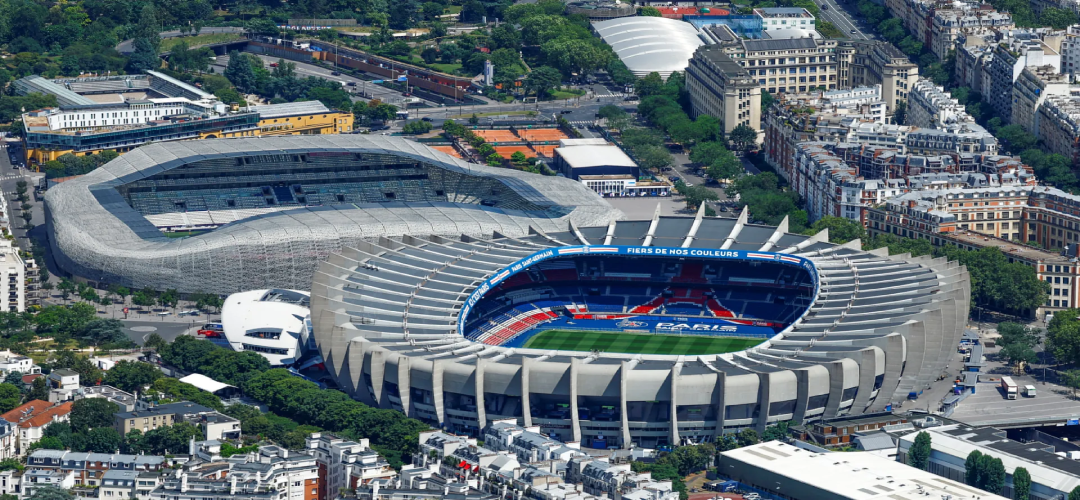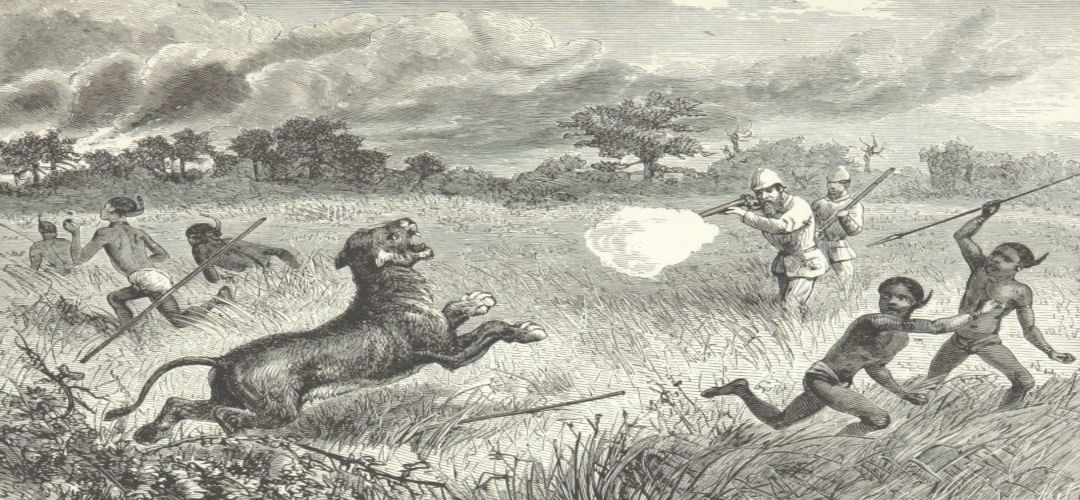A Slam Dunk for Concealing the Truth
In 1881, the Olympic movement adopted the motto, “Citius – Altius – Fortius.” These words mean Faster – Higher – Stronger. This stressed only physical prowess. In 2021, the International Olympic Committee amended it to read “Citius, Altius, Fortius – Communiter” and “Faster, Higher, Stronger – Together” in English. The change was intended to convey the aspirations of the Olympic Movement not only in its athletic and technical sense but also from a moral and educational perspective. But have the Olympic games stood up to these high aspirations?
Recently, a beguiling term, ‘sportswashing’, has been doing the rounds. It refers to a practice increasingly visible in international sports where organisation, participation or expulsion and boycott from such sports is leveraged as a strategic platform to bolster global image and reputation.
The upcoming Paris Olympics in 2024 presents a critical lens through which to examine this phenomenon, considering both historical precedents and current implications.
Background
Historically, the Olympics have showcased the best and worst aspects of humanity, from moments of athletic excellence to political exploitation and propaganda. The challenge for Paris and future host cities lies in navigating these complexities while upholding the values of inclusivity, transparency, and respect for human rights. IOC President Thomas Bach noted, “The Olympic Games are not about politics. The Olympic Games are about bringing people together.”
Sports has long been intertwined with politics and power projection. The modern Olympic Games, revitalized in 1896, were initially envisioned to promote international peace and understanding through sportsmanship. However, over time, the Olympics and other major sporting events have increasingly become arenas for geopolitical manoeuvrings and image management by host nations.
One of the earliest examples of sports washing can be traced back to the 1936 Berlin Olympics, hosted by Nazi Germany under Adolf Hitler. The regime aimed to showcase Aryan racial superiority, using the Games as a propaganda tool while masking its aggressive expansionist policies and human rights abuses. Despite widespread condemnation, the Berlin Olympics portrayed a sanitized image of Nazi Germany to the world. Interestingly, Hitler was visibly upset when “Jesse” Owens, an African American won four gold medals in field and track events and overnight became an international celebrity, eclipsing the best Aryan athletes fielded by Nazi Germany.
More recently, the 1980 Moscow Olympics were boycotted by the U.S. and its allies in protest against the Soviet invasion of Afghanistan. In retaliation, the USSR and its Warsaw Pact allies stayed away from the 1984 Olympics in Los Angeles.
Fast forward to more recent times, the 2008 Beijing Olympics marked China’s debut as a global economic powerhouse. The event was heralded as China’s “coming out party,” signalling its emergence as a modern, influential nation on the world stage. Critics, however, pointed to China’s human rights record, including crackdowns in Tibet and restrictions on freedom of expression, arguing that the Olympics provided a platform for China to deflect attention from these issues.
Closer home, the historical enmity between India and Pakistan is most visibly manifested on the sports field. For the last decade or more, India, as a policy, refused to send any of its sporting teams to any competition in Pakistan, a fact that greatly rankles our neighbour. Even the fate of the forthcoming Champions Trophy in Pakistan hangs in the balance as, so far, India has refused to travel to Pakistan to play matches.
Sportswashing has become more noticeable in recent years due to the interconnectedness of the Internet and social media. The 2022 FIFA World Cup in Qatar exemplified this trend. Despite commitments to better labour conditions and environmental sustainability, the event was overshadowed by reports of migrant worker abuses, even deaths and human rights violations. Much like a beautifully decorated cake concealing a sour-tasting interior, the dazzling stadiums and exciting matches managed to distract from these issues to some extent.

Analysis
Hosting mega sporting events like the Olympics allows nations to exert soft power, influencing global perceptions and diplomatic relations. In the case of the Paris Olympics, France seeks to showcase its cultural heritage, innovation, and sustainability efforts. However, questions arise regarding its stance on human rights issues, particularly about immigration policies and the treatment of minority communities. The Olympics provide a platform for France to shape international narratives about its societal values and political stability.
The preparation often involves extensive infrastructure development and urban regeneration, promising economic growth and job creation. However, these projects can also lead to displacement of local communities, environmental degradation, and financial burden. Brazil’s experience with the 2014 FIFA World Cup and 2016 Rio Olympics highlighted these challenges, with accusations of forced evictions and unfulfilled promises of long-term benefits for residents. Similarly, Paris faces scrutiny over the displacement of marginalized communities and the gentrification of neighbourhoods in preparation for the Olympics.
The Olympics symbolize unity and fair competition, embodying fair play and sportsmanship ideals. However, controversies surrounding host nations’ human rights records can tarnish the event’s reputation and raise ethical concerns. Activist groups and international organizations often use major sporting events as platforms to advocate for human rights reforms and transparency. In the lead-up to the Paris Olympics, civil society organizations call for greater accountability from organizers and sponsors regarding environmental sustainability, labour practices, and ethical sourcing. The event’s success will depend not only on athletic achievements but also on its legacy in promoting social justice and global solidarity.
Assessment
- The Paris Olympics represents a pivotal moment in the ongoing debate over sports washing and the intersection of sports, politics, and human rights. The event will serve as a litmus test for how host nations balance the pursuit of prestige and economic benefits with ethical considerations and social responsibility.
- Ultimately, the Paris Olympics should not only celebrate athletic achievement but also inspire meaningful dialogue on the role of sports in promoting global peace, justice, and sustainable development.
- By addressing concerns related to sports washing and fostering genuine social impact, the Games can leave a positive and enduring legacy for generations to come.




